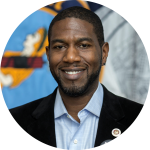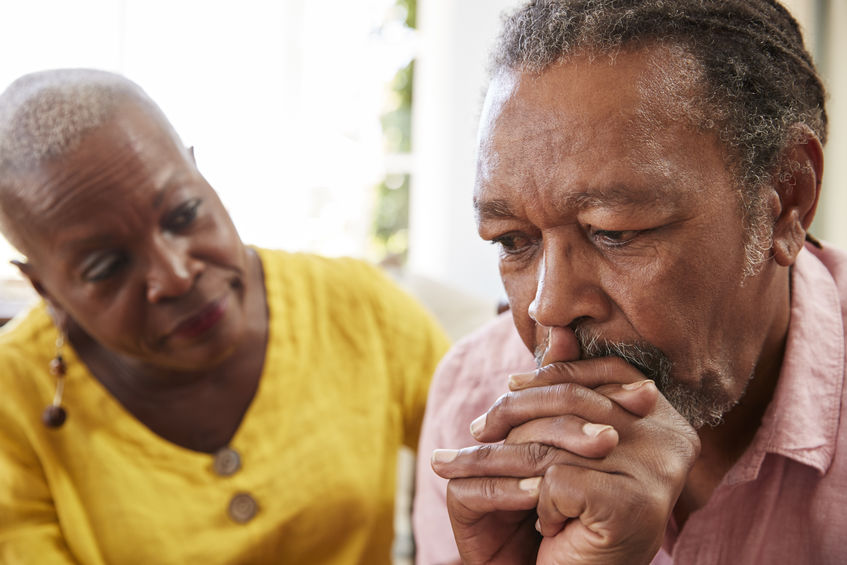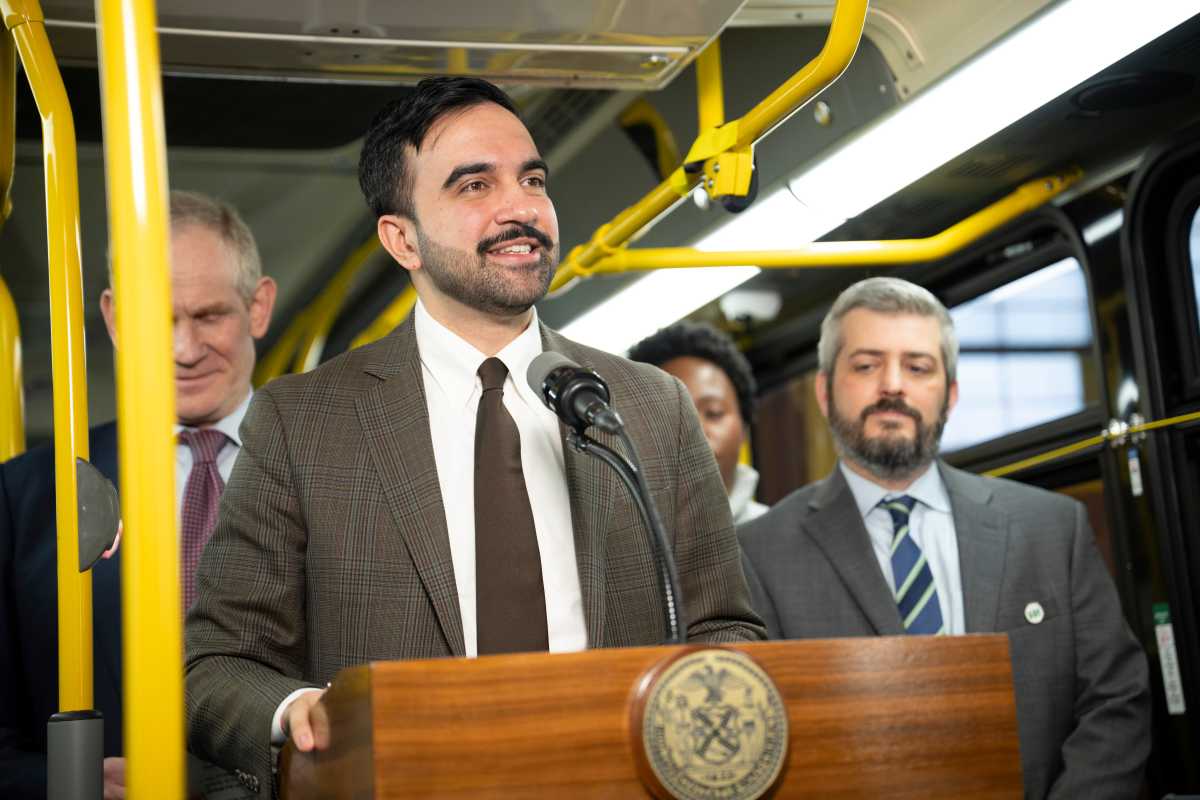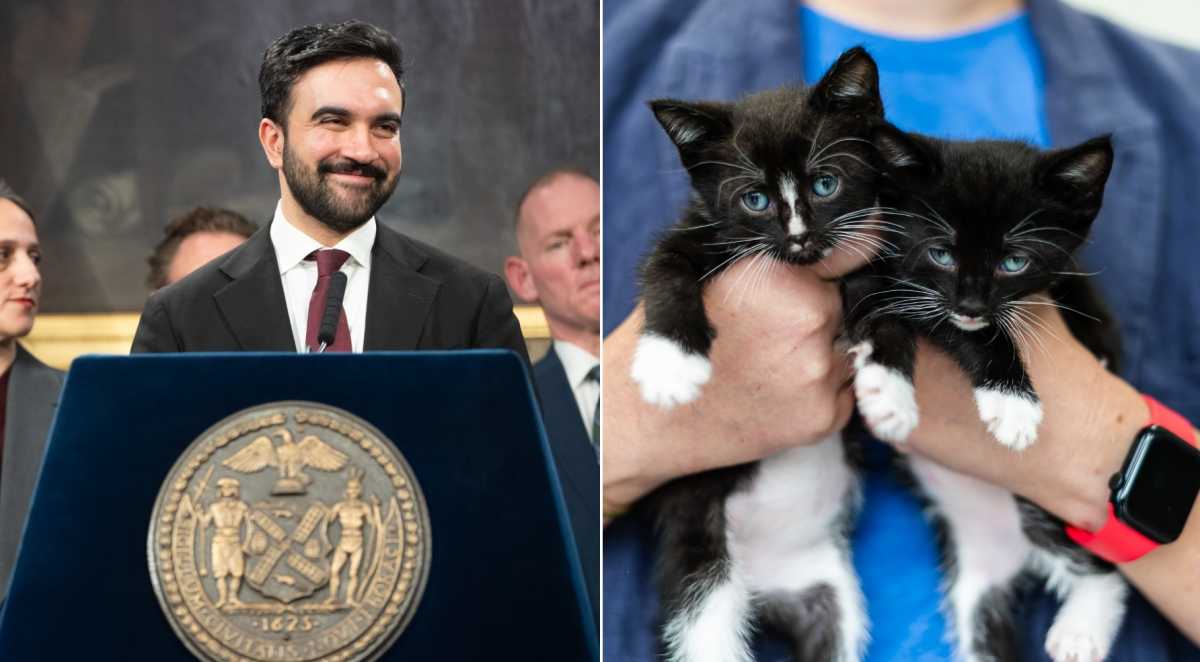Brooklyn Borough President Eric Adams and Public Advocate Jumanne Williams, in a virtual press conference, yesterday, addressed the morbid situation of unattended bodies in the borough’s nursing homes which was brought to light last week.

“We knew at the start of COVID-19 that those who would have the most challenging time to cycle out of COVID-19 were those who had preexisting conditions, over the age of 60 and 65, had diabetes, heart disease, respiratory issues. That clearly states nursing homes,” said Adams, as he cited one report that said a nursing home in Brooklyn had to convert one of their rooms into a makeshift morgue.
“We should have had an immediate plan not to just cosmetically address this issue but to address it on the ground,” said Adams, about the city and state playing catch up.
The death toll is well over 10,000 in New York City according to newly released figures that factor in deaths of people that never tested positive for the virus.
Numerous sources indicate that the coronavirus has wreaked havoc on nursing home residents, their families, and the staff that work in these facilities across the state. Unfortunately, the conditions in these places had fallen below standards before the global pandemic pushed everyone inside. For example, nursing homes have been understaffed, with too few certified nursing assistants (CNA’s) to patients in their care, for years.

“The virus didn’t create the problems. They’re highlighting and exacerbating the problems that already exist. We’ve had complaints about the lack of oversight in nursing homes. We’ve had complaints like this before. Nothing was done about it,” said Williams.
An anonymous whistleblower, dubbed Jane Doe, has a relative in a Flatbush/Crown Heights nursing home and spoke in silhouette and a disguised voice during the virtual conference.
She said that there’s a lack of communication in these places that could have at least video conferencing set up for residents and their families. “The bottom line is if people were to see their loved ones. They would see what they’re looking like now. And some of them have deteriorated in a month,” said Jane Doe, “they’re just like detainees. In their rooms with the door closed with very little activity.”
She spoke about the lack of compassion society has for its seniors as draconian and unacceptable.
New York City especially knows how taxing forced isolation can be on a person’s mind. Countless studies and reports on incarcerated persons at Rikers Island kept in solitary confinement demonstrated serious psychological consequences, and long-term effects if abused over time.
Williams said with an elderly person a cascading effect of depression and other problems can happen when you can’t even see loved ones anymore. “Many of these things were foreseeable, none of this was a surprise,” said Williams, “The people who were most vulnerable, were most vulnerable before the coronavirus came about.”
BP Adams said that his office was working this weekend with State Attorney General Letitia James to formulate a plan of action.
He said his office is asking for more personal protective equipment (PPE) for nursing home staff, and for the attorney general to have a hotline set up with her office to assist people with conditions in nursing homes throughout the city and state amid the COVID-19 pandemic. He said they are also asking that the attorney general and her team implement random inspections in nursing homes to see firsthand how patients are treated.
Lastly, they discussed the need for video conferencing and more consistent health reports for families of patients.
“The doctors are not calling because they’re stressed out,” said Jane Doe, about not getting updates or knowing whether a relative has died or not.










